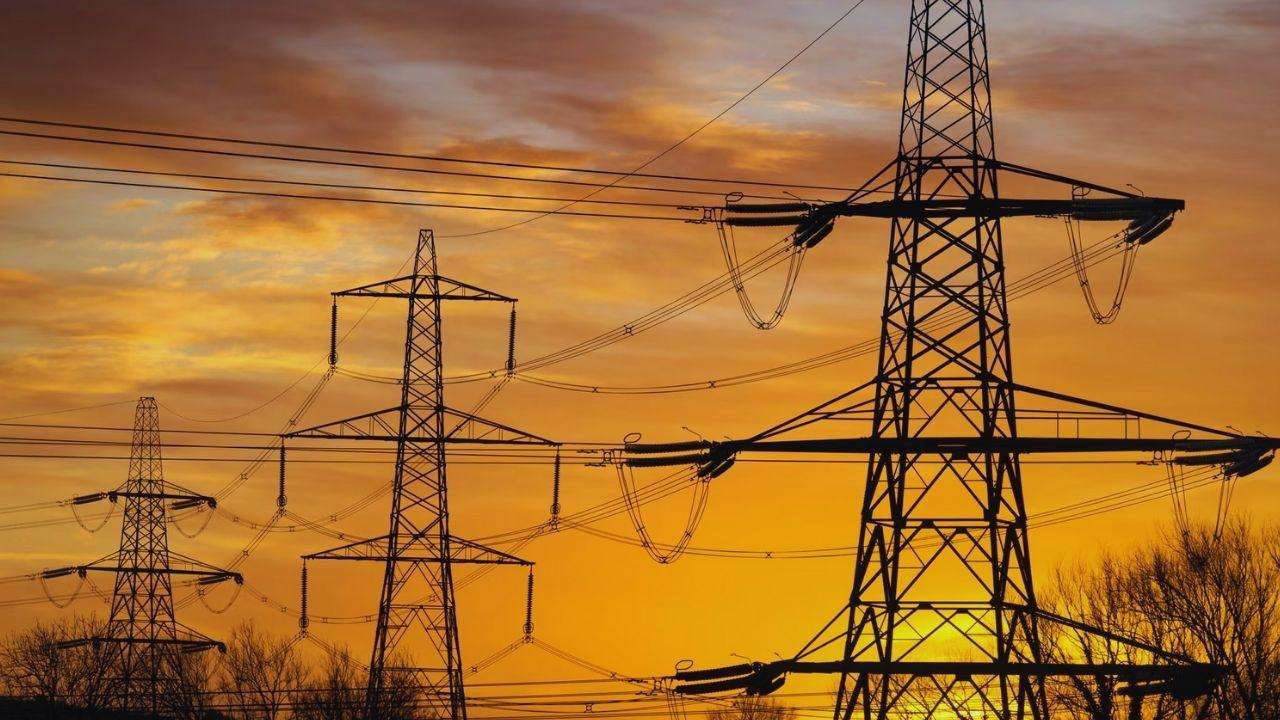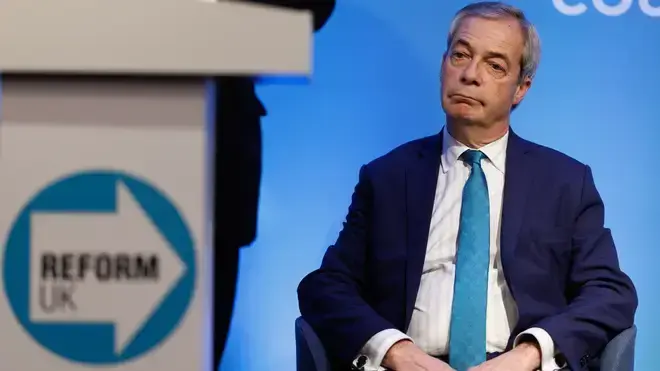Energy companies responsible for Great Britain’s gas pipelines and power grids have reportedly profited nearly £4bn from household energy bills during the ongoing cost-of-living crisis, according to a new analysis.
A report by Citizens Advice claims that energy network operators generated "excess profits" over the past four years due to a regulatory miscalculation of their costs.
The study estimates that these companies made up to £3.9bn more than expected because Ofgem, the industry regulator, overestimated their borrowing costs as interest rates rose. Despite being allowed to recover these costs from household bills, many network operators had secured fixed-rate loans, shielding them from the impact of rising interest rates.
Citizens Advice argues that this regulatory oversight, covering the period from 2021 to 2028, forced consumers to pay billions in unjustified profits while struggling with high energy costs and mounting debt.
Dame Clare Moriarty, chief executive of Citizens Advice, said: “While households have faced record-high energy bills, network companies have been reaping enormous profits.”
Regional energy network charges—set by Ofgem for companies such as National Grid, UK Power Networks, and Scottish Power—are designed to cover costs while offering profit incentives for exceeding regulatory targets.
However, Citizens Advice claims these profits go beyond what is reasonable. Moriarty added: “We’ve repeatedly highlighted the billions in excess profits made by these companies, and Ofgem promised tougher measures. Clearly, those efforts have fallen short.”
She urged network operators to “do the right thing” by returning the money to struggling consumers through debt relief and targeted energy bill support.
An Ofgem spokesperson downplayed the impact, stating that the issue raised by Citizens Advice equated to “a few pounds a year on consumer bills.”
They added: “Following extensive public consultation, we’ve adjusted our price controls to prevent future excessive financial gains due to inflation shocks. We’ve also encouraged network companies to use the temporary boost in revenue to strengthen their financial stability and support vulnerable customers.”
Meanwhile, a spokesperson for the Energy Networks Association, which represents network operators, criticized the Citizens Advice report as “overly simplistic” and failing to account for long-term investments.
They stated: “Electricity networks are securing over £100bn in private investment between 2021 and 2031 to modernize the grid and support economic growth. Maintaining a stable regulatory environment is essential during this period.”
_7.jpg)







.svg)


